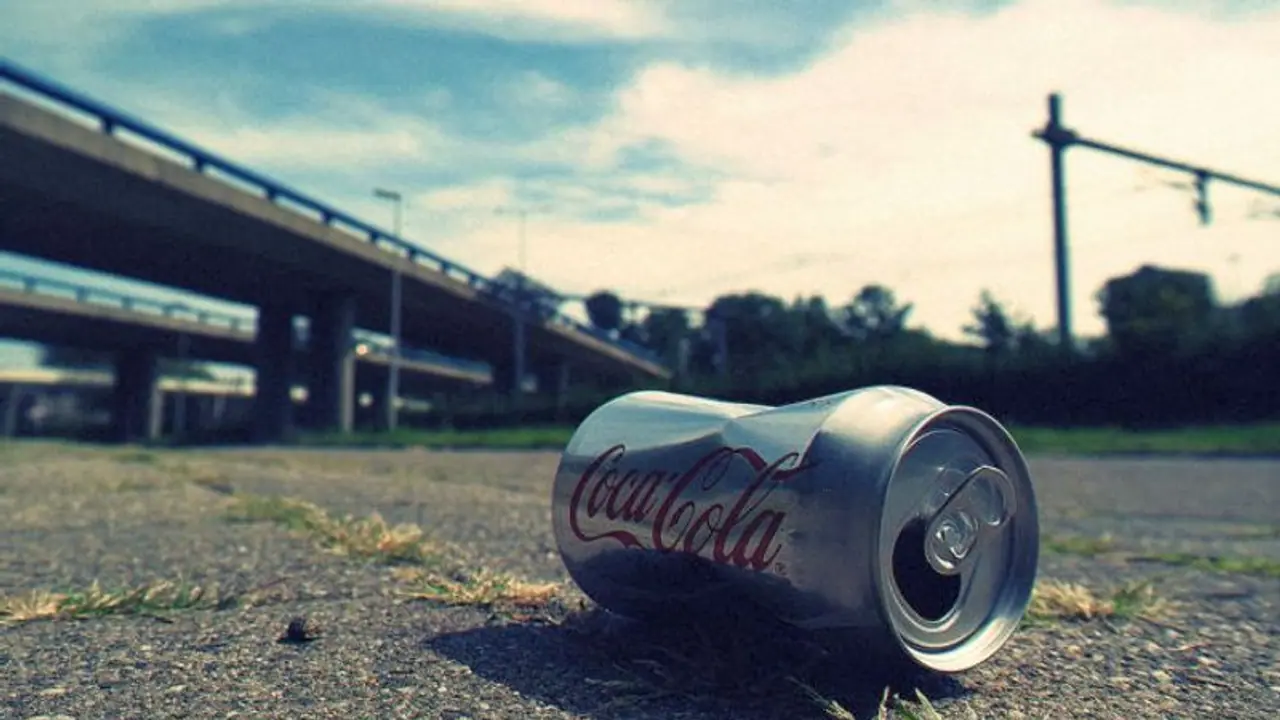The strife in war-torn Sudan has hit exports of gum arabic, a key ingredient in dozens of daily products; prominent among these are Coca-Cola and Pepsi. Girish Linganna reports
For the people of Sudan, the ongoing clashes between the two generals in Khartoum have threatened their lives and livelihood. For Americans, that could mean fewer sodas. That's because Sudan is the world's largest storehouse of gum Arabic (the resin of the acacia tree used in candies, sodas and even cosmetics), which makes the country the world’s largest supplier of the raw material.

According to Sky News, about 70 per cent of the world's supply comes from Sudan. On April 15, violent clashes broke out between two warring generals in Khartoum, the capital of Sudan. Abdul Fattah al-Burhan, who heads Sudan's army, and Lt-Gen. Mohammad Hamdan Dagalo, head of the powerful paramilitary Rapid Support Force (RSF), have been battling for control since the pair took control of the country in 2021.
Tensions between the two generals have escalated sharply as talks of subsuming the RSF into the army have collapsed. Despite the latest promise of a ceasefire, heavy gunfire and explosions rang out across Khartoum over the weekend.
Companies that rely on agricultural rubber typically have three to six months' worth of supplies because of long-term concerns about Sudan’s stability, Reuters reports. But this particular conflict, with Khartoum, the country’s capital, in the eye of the storm, has brought the gum arabic trade to a grinding halt, according to traders in the commodity.
Sudan's military conflict now poses a challenge to the production and supply of this key raw material and Reuters says it could mean shortages of dozens of daily necessities.
WHAT IS GUM ARABIC?
'Gum arabic' is also known as 'gum acacia', 'gum sudani', 'Senegal gum' and by other names. It is a natural gum made up of the hardened sap of Senegalia senegal and Vachellia seyal -- two Acacia tree species -- and is harvested mostly in Sudan (80%).
Europe had its first taste of gum Arabic -- a complex mixture of glycoproteins and polysaccharides, predominantly polymers of arabinose and galactose -- which found its way through Arabic ports, thus acquiring its name. It is used as a stabilizer mainly in the soft drinks and food industries.
Gum Arabic is used to bind the sweeteners and flavourings in soft drinks. A sugar-and-gum Arabic solution in water, which is known as gomme syrup, is, often, used to prepare smooth-texture cocktails where the sugar does not crystallize.
Companies like PepsiCo and Coca-Cola can’t exist without gum arabic in their formulations, Dani Haddad, Director of Marketing and Development at Agrigum, a leading global supplier, told international news agency Reuters.
